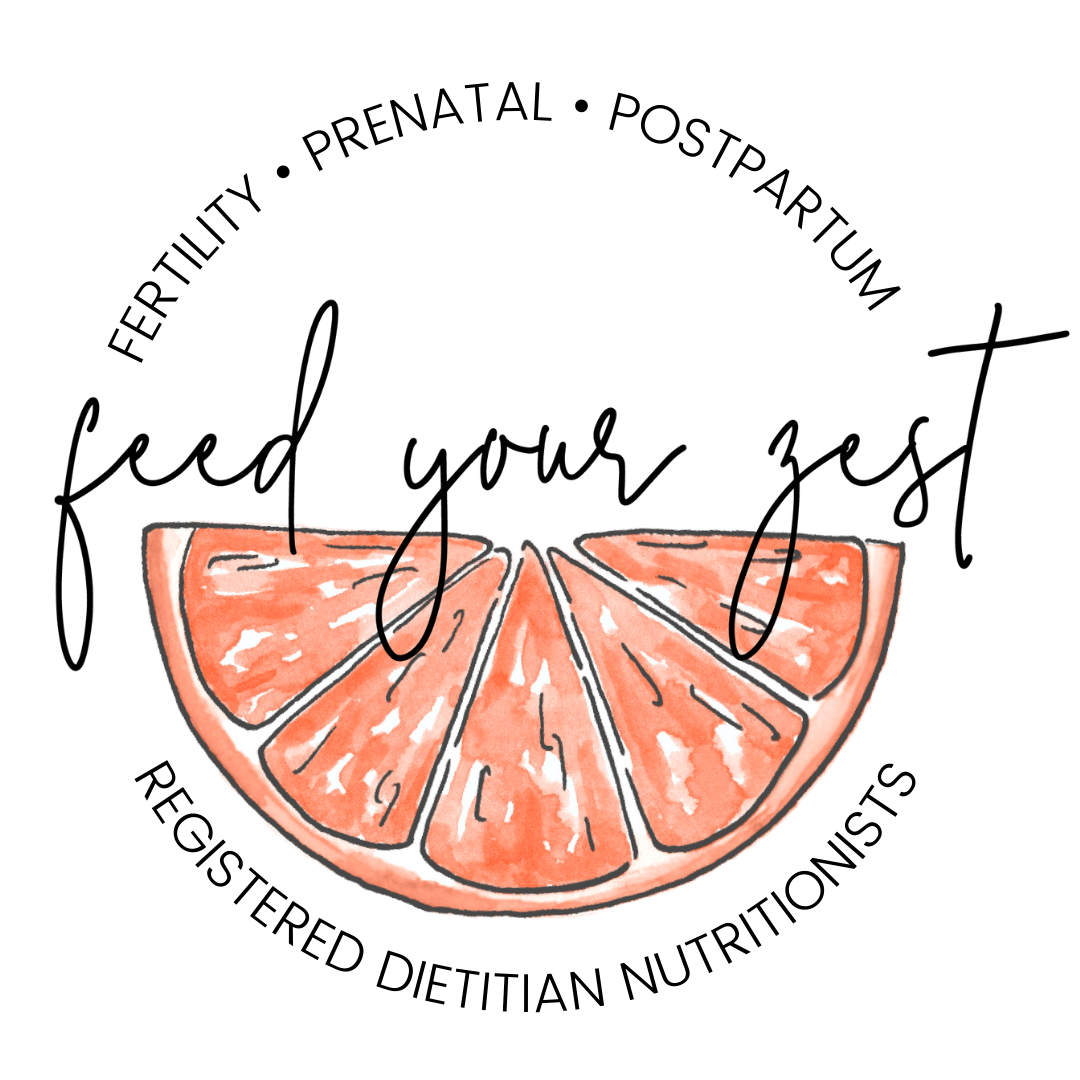11 Signs You May Have PMDD
Have you ever experienced mood swings, cramping, or fatigue just before your period and wondered if it’s normal?
An estimated 48% of women experience premenstrual syndrome, or PMS, in the 1-2 weeks before their period each month. A smaller percentage, around 3-8%, experience more intense symptoms that go beyond the typical experience of PMS and cause disruption to everyday life.
Premenstrual dysphoric disorder, or PMDD, is characterized by physical, mental, and emotional symptoms that interfere with daily living and cause significant distress during the luteal phase of the menstrual cycle. While the exact cause of this disorder is not known, it is thought to be related to an abnormal or sensitive response to normal hormonal changes in the latter half of the menstrual cycle. The role of chronic inflammation and its effect on the brain may also play a role.
How is PMDD diagnosed?
A diagnosis of PMDD requires at least 5 of the following 11 symptoms (including at least 1 of the first 4) present during the luteal phase of MOST menstrual cycles for the last year:
Depressed mood, feelings of hopelessness, or self-deprecating thoughts
Notable anxiety, tension, or feeling of being “keyed up” or “on edge”
Significant, unpredictable mood swings
Persistent anger and irritability leading to increased interpersonal conflicts
Decreased interest in usual activities (eg, work, school, friends, and hobbies)
Difficulty concentrating
Fatigue and lethargy
Change in appetite, overeating, or specific food cravings
Hypersomnia or insomnia
Feeling overwhelmed or out of control
Physical symptoms such as breast tenderness, swelling, headaches, joint or muscle pain, a sensation of bloating, or weight gain
Additionally, these symptoms must be severe enough to interfere with daily life and functioning and must not be attributable to any other mental health or disease diagnosis. While exacerbation of other mental health conditions or diseases is common in the luteal phase and just before your period, that is a separate condition known as premenstrual exacerbation, or PME. Some of the strategies used to manage PMDD may also help with PME.
Nutrition and lifestyle strategies for managing PMDD
If you’re reading this and thinking it may apply to you, we strongly recommend seeking care from your medical provider. PMDD is a serious condition, but relief through treatment is available. If you’re wondering what, if anything, you can do on your own (in conjunction with treatment from your medical provider) to improve symptoms, keep reading!
Ensure that you are eating ENOUGH food overall: 3 meals and 2-4 snacks is necessary for most adults to get the calories and nutrients they need to support healthy hormone production and brain function.
Consume an overall balanced, healthy eating pattern with multiple servings of colorful fruits and vegetables, protein, whole grains, nuts, seeds, and legumes daily. If you eat seafood, try to eat 2-3 servings per week. These foods provide vitamins, antioxidants, polyphenols, and unsaturated fats that may reduce symptoms via reduced oxidative stress and inflammation.
Incorporate cruciferous vegetables (broccoli, bok choy, arugula, brussels sprouts, cabbage, cauliflower) and other fiber-containing foods to support estrogen detoxification.
Prioritize sleep and stress management. Poor sleep quality or sleep deprivation and high levels of stress may exacerbate symptoms.
Regularly move your body but don’t overdo it! Getting regular exercise (around 150 minutes per week) may help decrease symptoms and improve mood. Note that overexercising, especially in combination with undereating, may exacerbate symptoms, so focus on what feels good and listen to your body’s signals to slow down where needed.
Practice mindful awareness of how caffeine and alcohol affect your symptoms.
Consider vitamin b6 (30-50 mg), magnesium glycinate (300 mg) supplements as these have been shown to improve symptoms of PMS and PMDD in research (this paper too!). Additional herbal or nutritional supplements may be beneficial. Always speak with your dietitian or doctor about taking the right dose of supplements for you.
Want personalized support in managing PMS or PMDD symptoms through nutrition?
We would absolutely love to work with you. Click here to read more about working with one of our expert women’s health dietitians!


